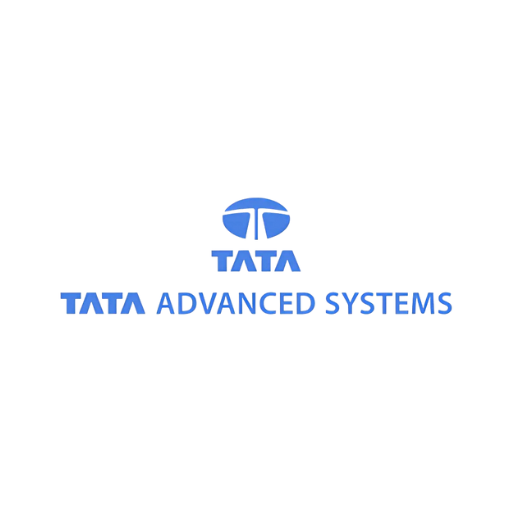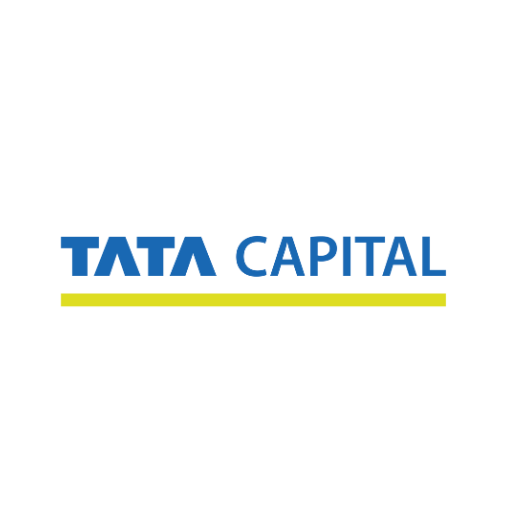Tata Elxsi's AI-powered surge: How the tech star tripled revenue in a decade
Tata Elxsi has grown its revenue 3x over the past decade. But its growth momentum has picked up after Covid, riding the AI/GenAI wave.

This story belongs to the Fortune India Magazine May 2025 issue.
TATA CONSULTANCY SERVICES, India’s biggest IT firm, is the brightest star in the Tata galaxy, but at least one other Tata technology company refuses to be eclipsed.
Meet Tata Elxsi, which began as microcomputer maker Elxsi in the Silicon Valley, got its Tata prefix in 1989, and then focussed on embedded software. Tata Elxsi rode the Generative AI wave to report a net income surge to ₹3,552 crore in FY24, securing the third place on Fortune India’s 100 Emerging Stars List, after the pandemic prompted the world to digitalise and embedded software found new areas.
Even before Covid, Tata Elxsi had stepped up the pace, doubling revenues to around ₹2,000 crore in 2022 in just six years. Tata Sons holds 42.22% and Tata Investment Corp 1.69% in the Bengaluru-based company, which completes 35 years this year as a Tata outfit.
Building its Tata innings in embedded software, Tata Elxsi hit revenues of ₹100 crore in 2000. From there, it took 16 years to reach ₹1,000 crore. But the wave of digitalisation triggered by Covid-19 disruptions and new trends in automobile technology helped it double revenues by 2022.
Automotive play
Tata Elxsi’s revenues come from two business segments. One is software development & services (SDS), which provides offerings covering the entire life cycle from ideation to market for companies in transportation, media & communication, and healthcare & life sciences. Two (the more traditional), system integration and support (SIS), which is about DevOps security, cloud-managed services, migration, and network security-related services.
The SDS business brings nearly 97.5% of its revenues from 16 different areas. Here, the transportation and media & communications verticals pack the most punch. While it provides end-to-end design, engineering, and testing solutions to its automobile sector clients, the software-defined vehicle (SDV) platform and solutions have been fuelling the growth. During FY24, the transport business segment clocked a revenue of ₹1,723.9 crore, up 24.6% year-on-year.
More Stories from this Issue
“This revenue growth was driven by SDV-related engagements with leading OEMs across the globe. Of this, 56% of the revenue came from OEMs,” wrote N. Ganapathy Subramaniam, chairman, Tata Elxsi, in his latest letter to shareholders.
Last fiscal, the company also set up a global design and engineering centre in Pune, focusing on original equipment manufacturers (OEMs) and Tier 1 suppliers to automobile majors.
It has also established an innovation hub and nearshore engineering centre in Troy, Michigan. It recently set up a dedicated offshore development centre in Pune for Suzuki Motor Corp to work on software and virtual development for next-generation connected, EV, and ADAS technologies.
Tata Elxsi has significant clients in the Tata family. In FY24, its “related-party” business dealings added up to over ₹800 crore. For example, Tata Elxsi provided end-to-end R&D, design, testing, and other services, adding up to ₹642.73 crore in FY24, to Tata Motors’ British unit, Jaguar Land Rover, making it one of its biggest clients. Others include Air India, Tata Advanced Systems, Tata Capital, Tata Chemicals, Tata Communications, Voltas and The Indian Hotels Company.
(INR CR)
After the pandemic, enterprises worldwide digitalised on a large scale and many lapped up GenAI or generative artificial intelligence. Tata Elxsi adopted AI, GenAI, the Internet of Things (IoT), and virtual reality. In FY21, it rolled out ‘Orbit’ for DishTV, which promised to improve the user experience with AI and machine learning. Its design and technology teams worked towards making content search easier for TV users. In the third quarter of 2024-25, Tata Elxsi bagged a multi-year contract from a big OEM in medical devices to provide workflow and complaints management operations using AI and GenAI.
The company is also adopting GenAI across design and software. At the beginning of this fiscal, Manoj Raghavan, MD & CEO ot Tata Elxsi, told analysts, “We are targeting areas that may be impacted by GenAI and disrupt our business, such as coding and automated testing. We are applying GenAI to workflows and processes, regulatory work, automation of network operations as a new service framework, and solutions we can take to customers”.
Tata Elxsi is encouraging industry tie-ups with academia. In FY21, it sponsored an AI Lab at the Indian Institute of Science (IISc), Bengaluru, upgrading facilities for research and training around AI. In 2023, it collaborated with the IISc to develop an automotive cybersecurity solution. The company has also set up an electric vehicle (EV) laboratory at the National Institute of Technology (NIT) Calicut, for research and education in EV technology.
The next frontier
In July last year, Subramanian had told shareholders at their AGM that the firm sees a big opportunity in aerospace, avionics, and defence, and it is creating a vertical focussed on these three areas.
In January this year, the MD & CEO told analysts during a call, “We talked about UAVs... drones, electrical vertical takeoff [and landing]... eVTOLs, … these are all very, very significant opportunity areas for us four to five years down the line, when the technology matures.”
In FY25, however, the company reported muted growth of 5% for the full year compared with 13% in FY24. The Ebitda margin dropped to 26.1% from 29.5% in the previous year, and profit after tax dropped from ₹792 crore in FY24 to ₹784.9 crore in FY25.
The ICICI Securities, in its April 18 report, said the transportation segment reported an extremely weak performance in Q4FY25, contracting by 9.7%, following project pauses and competition from global auto OEMs from Chinese players. The note said, “Tariff wars are further exacerbating the uncertainty. This marks the first-ever quarter of contraction in the vertical for the company”.
In his April 17 statement with the Q4 results, Raghavan said, “Our automotive business witnessed challenges in the quarter as some OEMs and suppliers paused new programme starts in the face of geopolitical, business, and market uncertainties.” While acknowledging the uncertainties, Raghavan said Tata Elxsi won a few large deals, including a €50 million contract for SDVs with an automotive major.
However, analysts are not too convinced when they look at the backdrop of macroeconomic uncertainties. JP Morgan maintained an ‘underweight’ rating on the stock. Morgan Stanley cut its target price with an ‘underperform’ rating, citing exit revenues, downgrades, and high valuations.








